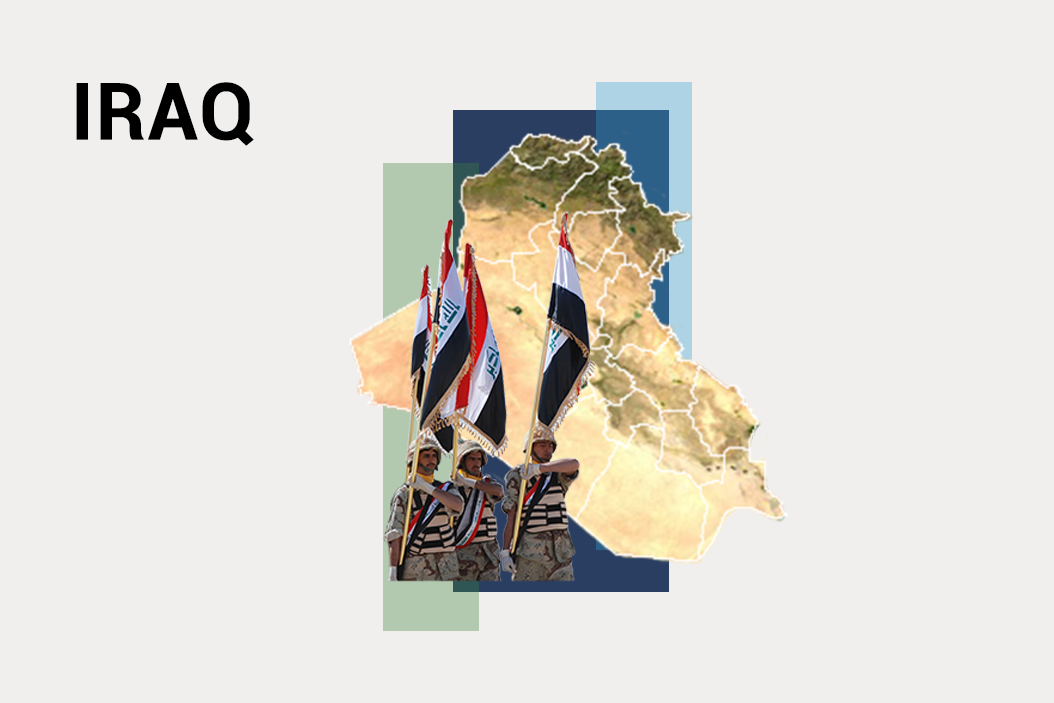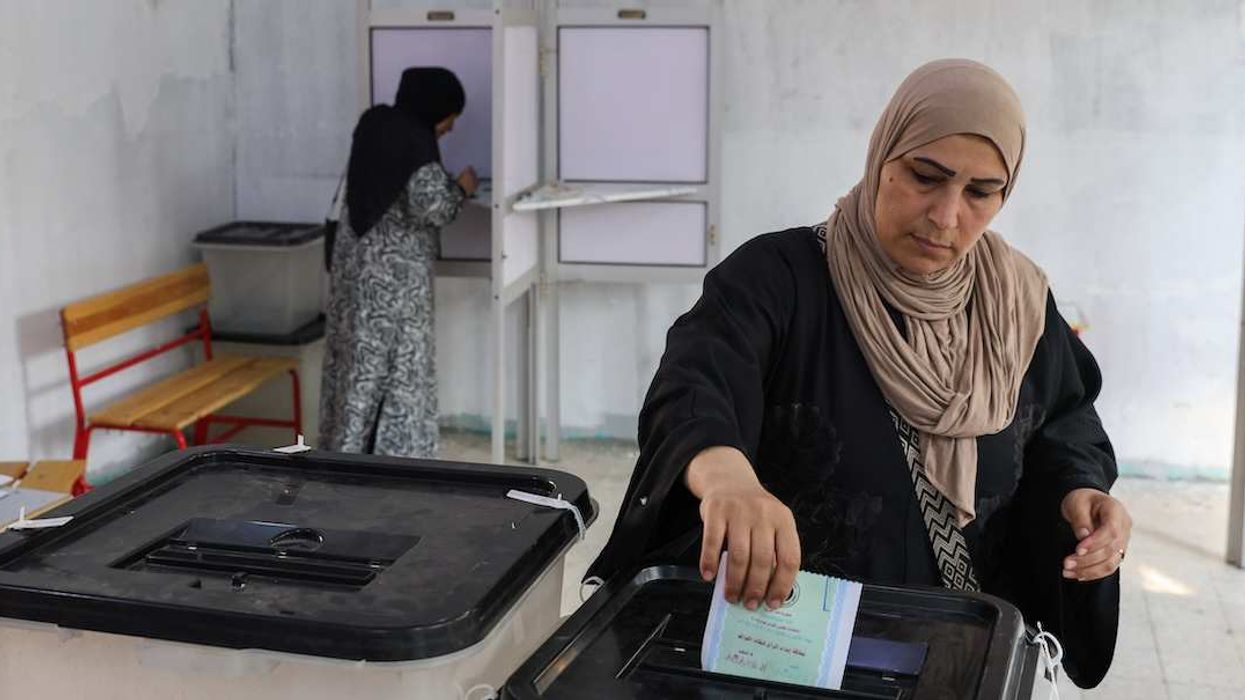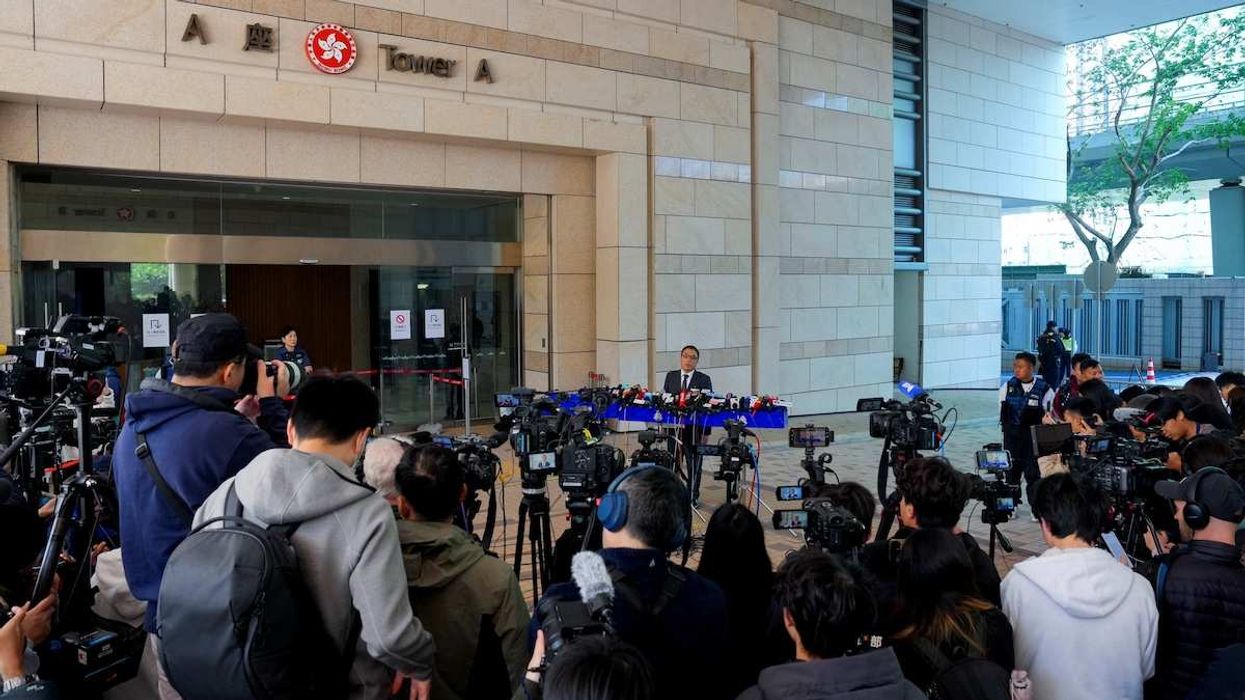Farhad Alaadin is chairman of the Iraq Advisory Council, an NGO based in Baghdad.
Gabrielle Debinski: To what extent does the outcome of the US election in November matter to the Iraqi people and government?
FA: Clearly, elections in the United States affect almost every country in the world. And this is very much true for Iraq. Iraq enjoys steady relations with the United States, given the events of 2003 onward.
GD: Is there much consensus on what the main differences between Trump's approach to Iraq, and a potential Biden foreign policy towards Iraq would be?
FA: It's really difficult to say. Everyone has their own opinion about who they would like to win and what's the likely outcome.
As far as the Iraqis are concerned, they see President Trump as somebody [for whom] Iraq has not been one of his priorities. It's been in the background of US policy most of the time. And it reached a climax in terms of controversy when the US assassinated Qassim Suleimani in Baghdad in January this year. There are those in Iraq who hold a lot of animosity towards the current administration and they want to see them go. And there are those who might want the current administration to stay.
The same could be said about Joe Biden. He's a familiar face to the Iraqis. He was vice president. He has visited Iraq and met with most of the Iraqi elite ruling party leaders so they have seen him. They have interacted with him.
And plus, they do have one thing which they remind themselves of in Iraq, they call it the "Biden doctrine," which is they have talked about advocating dividing Iraq into three states, although that was never the case formally. But it is something the Iraqis think about.
GD: How concerned are average Iraqis with the outcome of the US election? What are the main issues concerning the Iraqi people right now?
FA: Clearly, they are not following it as if it were their own race. But is something in the back of their mind and that's come up in the news.
But what's in the forefront of Iraqis' minds, really, is their daily problems, the sufferings that they have. The coronavirus pandemic hit the Iraqis very hard. There are millions of people who lost their jobs. There's very little economic development that's taking place.
The effect on oil prices has affected the government's ability to pay salaries and that subsequently affected the Iraqis even harder. So it is COVID and its aftermath which are at the forefront of Iraqis' minds.
GD: Turning back to the US — how much did the outcome of the 2016 election affect the Iraqi people and politics?
In terms of what happened with the US race, the events of January with the assassination of Qassim Suleimani brought Iraq right into the center of the Iran-US conflict. The previous administrations did not strike Iran directly, but this administration did. And consequently, Iran also attacked US forces within Iraq by ballistic missiles.
So what really is what comes to the forefront of Iraqis' mind with the US race is whether US policy towards Iran is concerned, is going to change or not. And how much of that conflict plays out on Iraqi soil is something that the Iraqis are concerned about.
GD: What has been the reaction in your country to the Trump administration's planned withdrawal of US troops from Iraq?
FA: There's been a mixed reaction.
You have sections of Iraqi society who are not for troop withdrawal — or total withdrawal. Especially the Kurds and the Sunnis are against such a thing. They believe the existence of US troops is a vital element to fight ISIS, as well as for protecting Iraq from outside aggression. While certain elements within the Shia community and Shia parties believe it's crucial for US troops to be removed from Iraq.
This interview is part of the GZERO project Global voices on the US election, which you can find in full here.



















